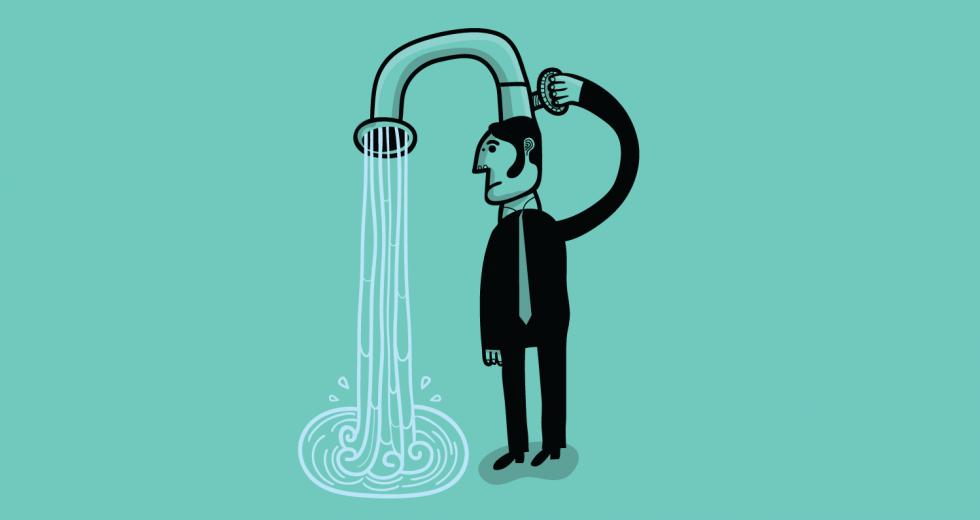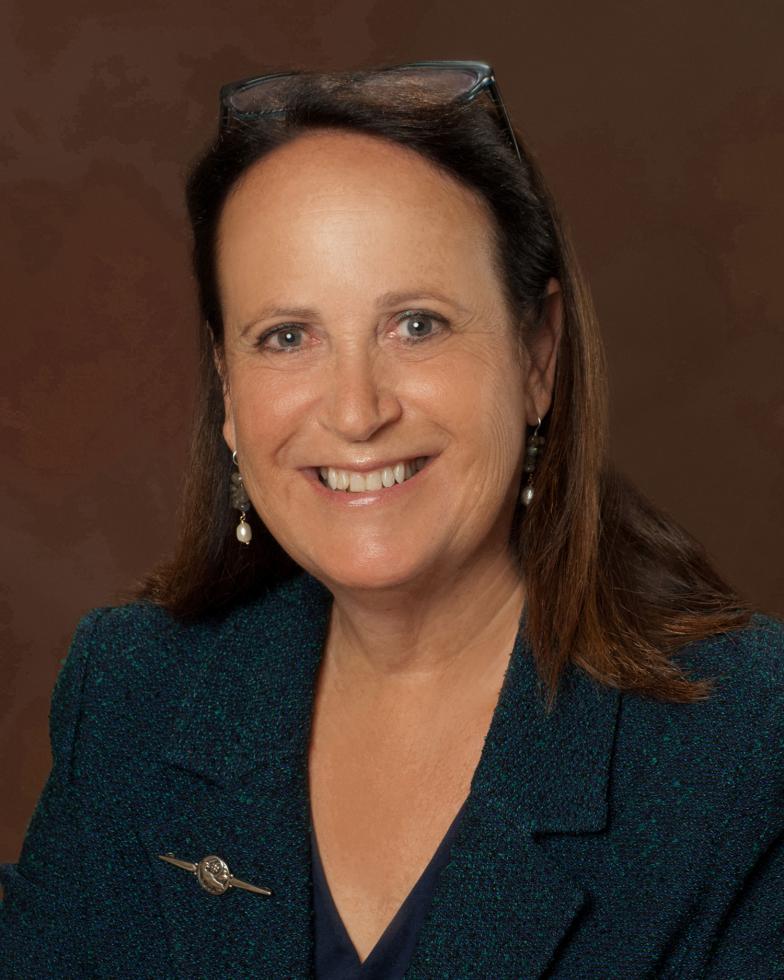After years of drought and increasing government demands to cut water use and allow lawns to fade, the Golden State moniker is taking on new meaning. It has fallen to Felicia Marcus, Gov. Brown’s appointee to the head of the State Water Resources Board, to set the water-use rules for farmers, water districts, homeowners and everyone else. We sat down with the state’s top water cop to better understand the challenges she’s up against and the messages her office is communicating.
You’ve noted that a big part of your job is “ego-system” management. I know that phrase comes from you mishearing someone who was talking about the ecosystem, but it seems appropriate somehow for managing water in this state.
A lot of the time in environmental public policy the biggest challenges aren’t technical or scientific or legal, they’re that folks aren’t listening to each other. People have a tendency to not just believe they’re right but that somebody else is wrong. I just don’t think the world is that simple. So part of the challenge is to try to understand what people are concerned about and what they think they need, as opposed to what they are arguing for. Sometimes if you spend a little time asking questions and understanding what someone’s problems are, you can help even if it’s not giving them what they’re asking you for. All too often people say, ‘We’ll never make them happy.’ I say making someone happy frequently is just respecting them and listening and then trying to figure out how to help them with the tools you have available.
A lot of people are confused about what it is they can and can’t be doing.
Or they worry that it’s not fair. We’ve certainly heard people lashing out at agriculture. They don’t trust government to be fair. Part of it is that we don’t have enough money to do the kind of communicating that we’d like to about the way things work. In small communities, people know where their water comes from. They can see it. They may or may not trust it coming out of the tap, but they know where it comes from. But most of the population in California lives in large urban areas hundreds of miles away from their water source. From a technological standpoint, it’s a great accomplishment that you can have millions of people take for granted that their water will come out of the tap and be clean and safe. But the flip side is they don’t understand the water system in California, and in a drought they suddenly think, ‘Well why doesn’t somebody else give up their water?’
Speaking of communication, do you think people are finally absorbing the message about conservation and wise water use?
The interesting thing is, if you look at the polls now, folks at least know there’s a drought. But a year and a half ago we kept hearing that people weren’t going to conserve because El Nino would save us. But then of course it didn’t. So this year I’ve been worried because we have these El Nino stories again.
The hard thing is that we’re planning as if it’s not going to rain for years. That’s the big deal on conservation regulations in urban areas. We’re talking about extending their resilience in case it goes another couple of years, which is a pretty big call to make. And that’s what people get mad about. But do you want to gamble on El Nino? Water agencies were gambling on it last year, and I can understand why. It’s challenging to go to your ratepayers with restrictions. What if it rains then? They might be unhappy with you. But the flip side is what if it doesn’t rain and you’ve squandered all your local storage? Which kind of happened last year. They didn’t squander all of it, but they squandered a lot of it by not acting sooner.
It was a leadership move on the governor’s part to say, ‘Pick a [reduction] number, let’s go for it and apply it.’ That number is big and there are people who are angry. But there are things people will say at a microphone, and then there are things people will say in coffee shops and bars and in quiet conversation. We had plenty of water agencies who said, ‘You’ve got to take more leadership. The governor’s got to do it,’ because they need that impetus to be able to go to their customers to ask them to do something really hard.




